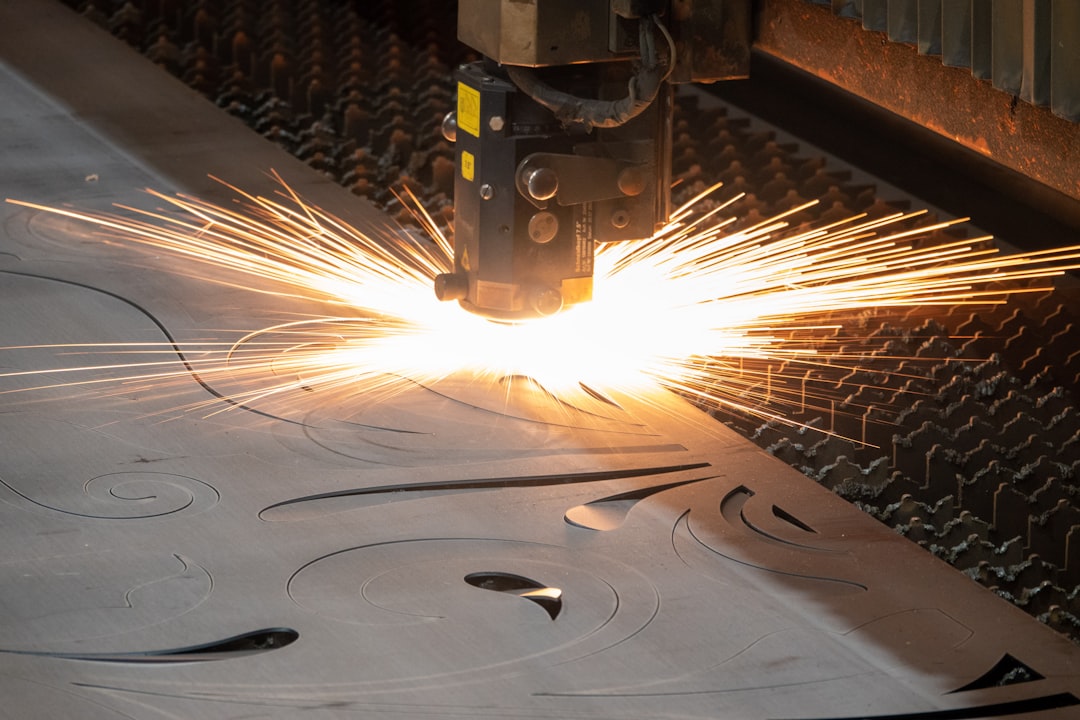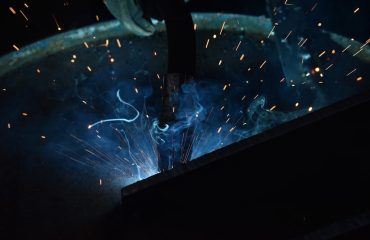The steel industry is a complex and demanding sector, requiring a high level of expertise and specialized knowledge. To demonstrate competence and ensure quality, various certifications are offered, providing professionals with a competitive edge and organizations with assurance of best practices. This comprehensive guide will walk you through the world of steel industry certifications, covering everything from types of certifications to the application process and their benefits.
Understanding the Different Types of Steel Industry Certifications
The steel industry offers a diverse range of certifications, catering to various roles and specializations. These can broadly be categorized into:
- Material Certifications: These certifications verify the quality and properties of the steel itself, ensuring it meets specific standards (e.g., ASTM, ISO). This is crucial for applications demanding high strength, corrosion resistance, or specific mechanical properties. Examples include certifications for tensile strength, yield strength, impact resistance, and chemical composition.
- Welding Certifications: Welding is a critical process in steel fabrication, and certifications such as AWS (American Welding Society) certifications validate a welder’s proficiency in different welding processes and materials. These certifications often involve rigorous testing and demonstrate a welder’s ability to produce high-quality, reliable welds.
- Management System Certifications: Organizations can obtain certifications like ISO 9001 (Quality Management Systems) and ISO 14001 (Environmental Management Systems) to demonstrate their commitment to quality and environmental responsibility. These certifications showcase adherence to international best practices and can be a significant advantage in securing contracts.
- Personnel Certifications: These certifications recognize the skills and knowledge of individual professionals in various roles within the steel industry. This could range from metallurgical engineers to quality control inspectors, each with specific certification pathways tailored to their expertise.
- Specialized Certifications: Depending on the specific area of the steel industry, more specialized certifications might exist. For instance, certifications related to specific steelmaking processes, heat treatment techniques, or surface finishing methods could be available.
Benefits of Obtaining Steel Industry Certifications
The advantages of obtaining relevant steel industry certifications are numerous, both for individuals and organizations. For individuals, certifications:
- Enhance Career Prospects: Certifications demonstrate competence and increase marketability, opening doors to better job opportunities and higher salaries.
- Boost Professional Credibility: Holding recognized certifications builds trust and confidence among employers and clients.
- Improve Skill Set: The process of obtaining a certification often involves rigorous training and assessment, leading to improved skills and knowledge.
- Increase Earning Potential: Certified professionals often command higher salaries compared to their uncertified counterparts.
- Provide Professional Recognition: Certifications provide a visible marker of achievement and expertise.
For organizations, certifications:
- Improve Quality and Efficiency: Certified personnel and processes lead to better quality products and more efficient operations.
- Enhance Customer Confidence: Certifications demonstrate a commitment to quality and adherence to industry standards, boosting customer trust.
- Increase Competitiveness: Certifications can be a significant differentiator in a competitive market.
- Reduce Risks: Certified processes and personnel minimize the risk of errors and defects.
- Improve Compliance: Certifications help organizations meet regulatory requirements and industry standards.
Navigating the Certification Application Process
The application process for steel industry certifications varies depending on the specific certification and issuing body. Generally, the process involves:
- Identifying the Relevant Certification: Research the available certifications and choose the one that best suits your needs and career goals.
- Meeting Eligibility Requirements: Check the eligibility criteria, which may include experience, education, or previous certifications.
- Completing Required Training: Many certifications require completing specific training courses or programs.
- Undergoing Examination or Assessment: Most certifications involve some form of examination or assessment to evaluate your knowledge and skills.
- Submitting the Application: Complete the application form and submit all required documentation.
- Paying Application Fees: There are typically application fees associated with the certification process.
- Maintaining Certification: Many certifications require ongoing professional development and renewal to maintain their validity.
Maintaining Your Steel Industry Certifications
Once you’ve earned a steel industry certification, it’s crucial to maintain it. This often involves:
- Continuing Education: Stay updated with the latest industry trends and technologies through ongoing professional development.
- Renewal Requirements: Understand and meet the renewal requirements, which may involve re-examination, continuing education credits, or other stipulations.
- Professional Development Activities: Participate in conferences, workshops, and other professional development activities to enhance your skills and knowledge.
- Staying Informed: Keep abreast of changes in industry standards and regulations.
- Networking: Connect with other professionals in the field to share knowledge and best practices.
Choosing the Right Certification for Your Career Path
Selecting the appropriate certification is crucial for maximizing its impact on your career. Consider the following factors:
- Your Current Role and Responsibilities: Choose a certification that aligns with your current job and future career aspirations.
- Industry Recognition and Accreditation: Ensure the certification is recognized and respected within the steel industry.
- Cost and Time Commitment: Weigh the cost and time investment required to obtain the certification against the potential benefits.
- Career Goals: Align your certification choice with your long-term career goals and ambitions.
- Employer Requirements: Check if your employer encourages or requires specific certifications.
By carefully considering these aspects and thoroughly researching the available options, you can make an informed decision and choose the certification that best supports your professional development and career advancement within the dynamic steel industry.
Tags: Steel Industry Certification, Steel Certifications, Welding Certification, ISO Certification, Quality Management Systems, Steel Industry Training




